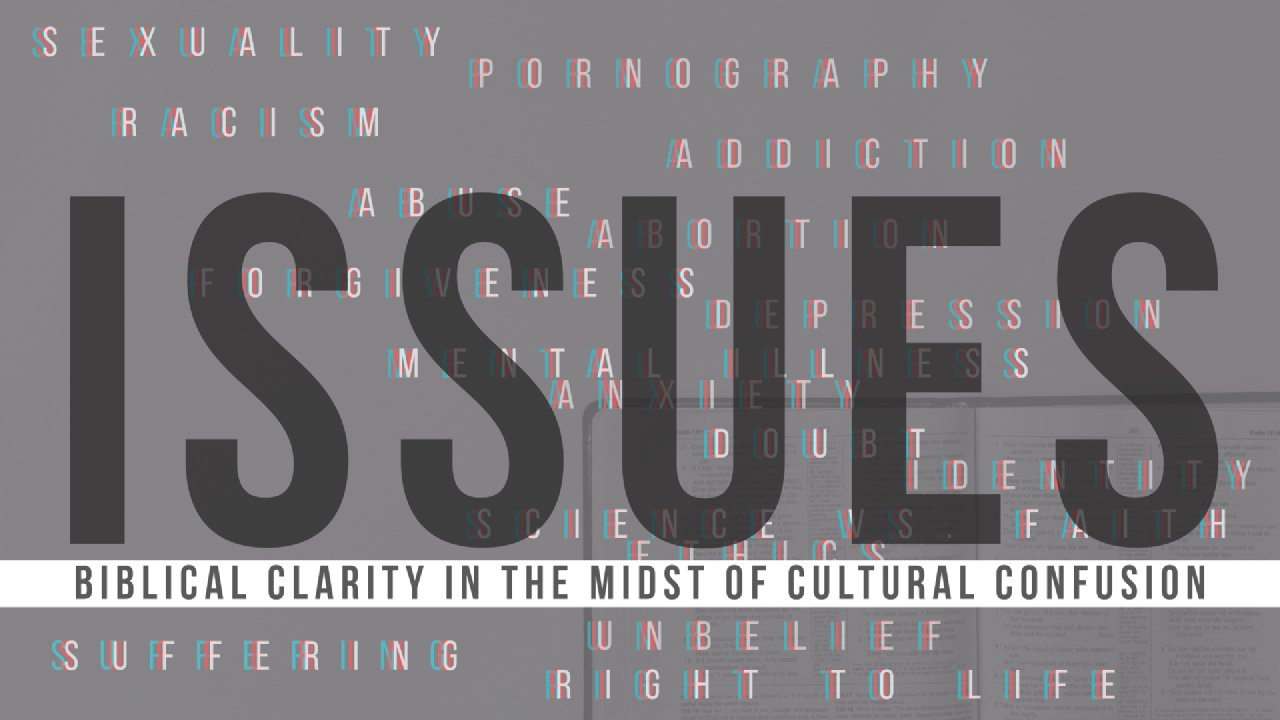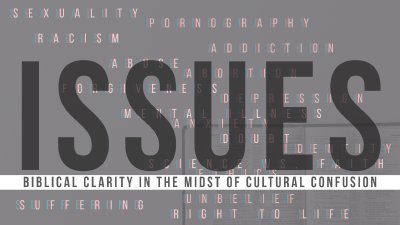Theme: Racism: A Biblical Perspective
Passages: Genesis 1 and 3; Ephesians 2:11–22; Revelation 5
In order to see racism for what it is, we must understand God’s plan for humanity as revealed from beginning to end in scripture:
Genesis 1:26–27: God created every human being and every ethnic group within humanity in his own image. All humans, regardless of racial distinctions, are in the image of God.
Genesis 3 and Romans 1:18–32: Humans have chosen to rebel against God’s design for them to glorify him in their worship and actions and serve their own desires. Human beings as a result of the fall commit all kinds of evil against one another. Racism epitomizes many of these sins (Romans 1:28–32) when an ethnic majority group exerts its power over ethnic minority groups.
Ephesians 2:11–22: Jesus Christ through his work on the cross is our peace. He has ended any racial distinction that the fall has brought into being by incorporating all believers into one new person and body, those who are in him and are now reconciled to God.
Revelations 5:9 (also chapter 7): At the consummation of the ages, our glorification, individuals from every nation, tribe, people, and language will be gathered as the one family of God.
Application Questions:
• How do you define racism? In what ways does racism manifest itself today?
• In what ways have you done things that are racially insensitive, maybe without even knowing that you were doing them?
• How does our desire for power and being someone who is in the majority (a position of power) fuel racial insensitivity and tension? When you have found yourself in a position of being in the minority, how did you feel and what were you thinking?
• What does it mean to be created in the image of God (Genesis 1:26–27; 9:5–6) and how does this inform a discussion on race?
• According to Romans 1:18–32, where do sins such as racism and the ways that it is manifests itself come from?
• How does the gospel of Jesus Christ confront racism (Eph. 2:11–22)? In relation to ethnic diversity, how should we live out our new identity in Christ within the church

August 4, 2019
Genesis 1 and 3; Ephesians 2:11–22; Revelation 5
August 4, 2019 • Pastor Phil Burggraff • Ephesians 2:11–22, Revelation 5, Genesis 1, Genesis 3
More from
Issues




